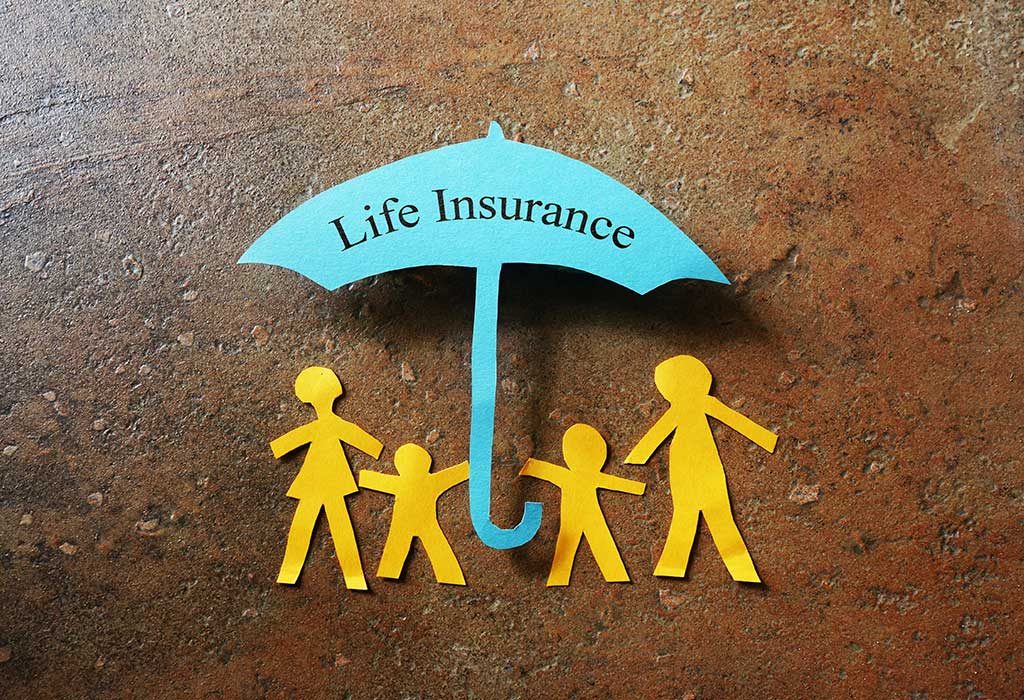
Term insurance


Term insurance is a type of life insurance policy that provides coverage for a specific period or "term" of time. If the policyholder passes away during the term, the beneficiaries receive the death benefit. Term insurance is typically designed to offer financial protection to the family or loved ones in case of the policyholder's untimely death.
Answer: Term insurance policies typically offer coverage for periods ranging from 10 to 30 years. You can choose a policy term based on your needs and financial obligations.
Answer: The coverage amount should be sufficient to cover your family’s financial needs in your absence, such as outstanding debts, children’s education, and living expenses. A general guideline is to have coverage that is 10-15 times your annual income.
Answer: Some term insurance policies come with a convertible option, allowing you to convert to a permanent life insurance policy (like whole life) without a medical exam. You need to check with your insurer whether this option is available.